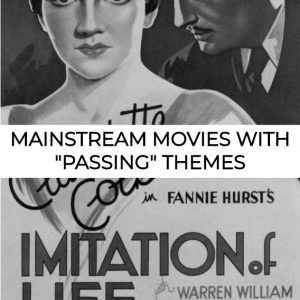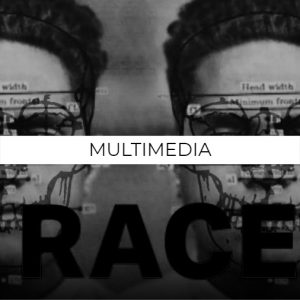N a v i g a t e
The Gilded Years: Passing and the Fictions of Identity at Vassar
A project on the exploration of Vassar’s relationship with the dynamics of passing, starting with Anita Hemmings.
Quiet as its Kept: Passing Subjects, Contested Identities
Friday, April 5, 2019 – Sunday, April 7, 2019 @ Vassar College
The Dynamics of Passing: Modes and Methods of Passing
Passing goes way beyond the lines of color and ethnicity.
What is Passing?
We have a certain idea of what black and white people look like, hold a certain notion of what men and women look like, and we believe we know what constitutes marriage. These binaries and assumptions are learned, and we use them to guide us through our interactions and relationships with others. However, because of this, we have a limited collective understanding of what it means to exist on the outskirts of these binaries and assumptions, so those who break the mold are left out. Passing gives them a way in. Passing isn’t just about looking the part; it’s about an adoption of behaviors, mannerisms, and ideologies that permeate social interactions; it’s not just being, but it's also doing. People who decide to “pass” in one form or another make a decision to leave a part of their identity behind for a lifetime or for just a few hours or minutes engaging in work or a conversation. Disrupting essentialist categories, they put the binaries and assumptions of society to use and, in some cases, to the test by crafting new identities using existing societal frameworks. They show us it is possible to move fluidly through multiple modes of being, while simultaneously enabling momentary freedom from missed opportunities, discrimination, and isolation. By keeping this in mind, people who choose to pass have an opportunity to see just how much those binaries and assumptions hold true by testing how much they're able to overcome obstacles.


